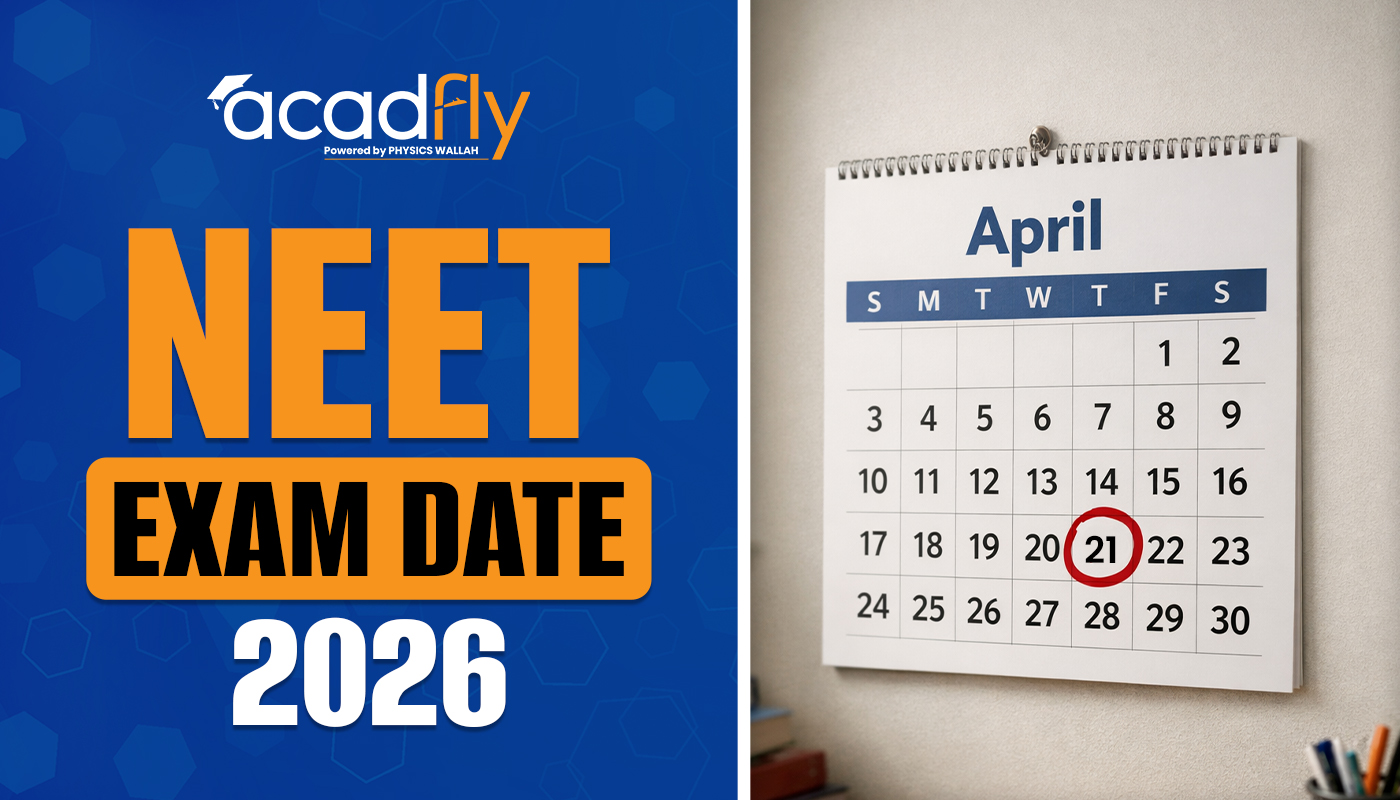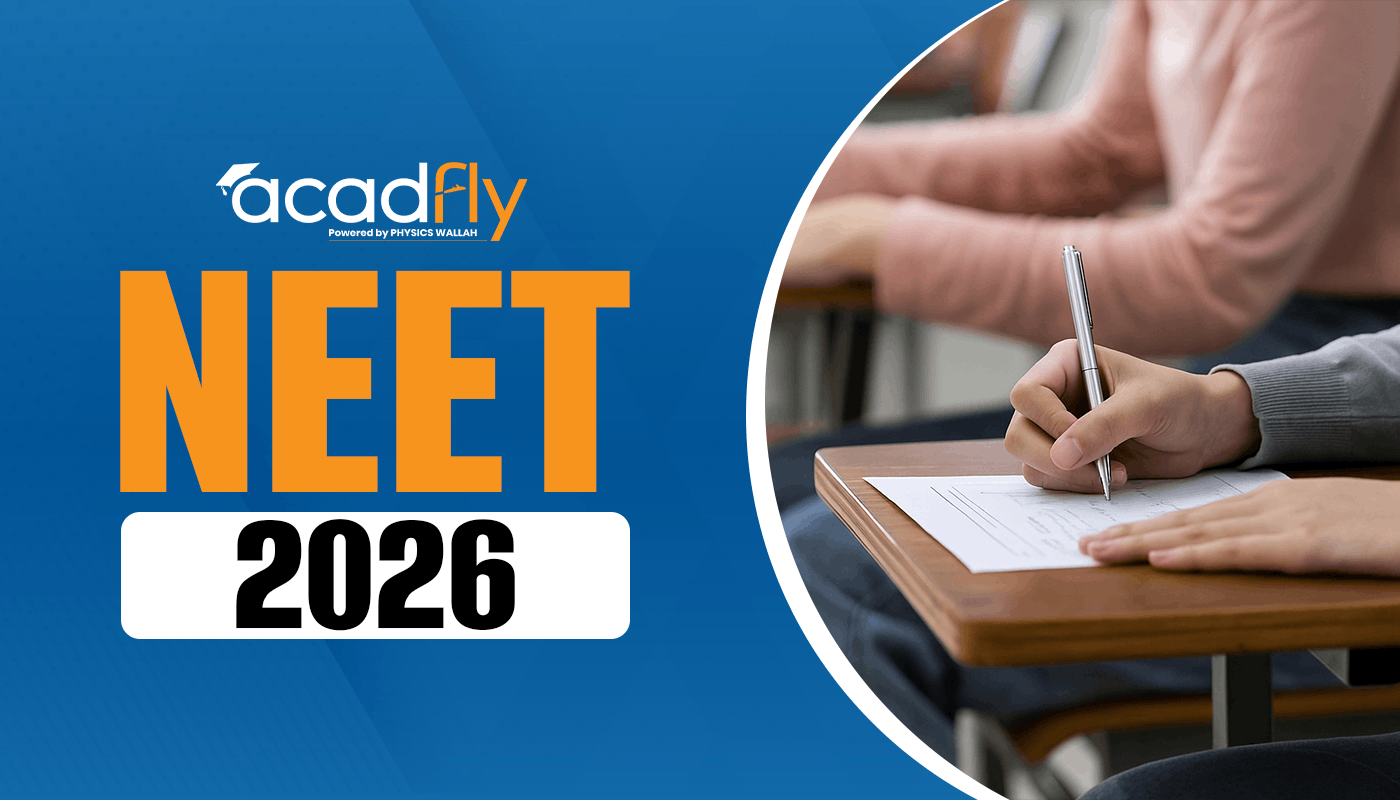
TOEFL Writing section is one of the most important parts of the TOEFL iBT exam. It evaluates a candidate's ability to write effectively in English within an academic context. Whether candidates are planning to study abroad or enhance their professional prospects, mastering this section is important. The following section provides detailed insights into the TOEFL writing format, scoring, task types, sample essays, and strategies for success.
TOEFL Writing Section
The TOEFL Writing section evaluates candidates' ability to convey complex ideas in written English. Candidates are required to complete two writing tasks:
-
Integrated Writing Task (Task 1): Summarize information from a reading passage and a lecture.
-
Independent Writing Task (Task 2): Write an essay expressing your opinion on a given topic.
TOEFL Writing Section Format
The TOEFL Writing section consists of two main tasks, which include Integrated and Independent. Each task assesses different writing skills, from summarizing academic content to expressing personal viewpoints. Understanding the format is important for effective preparation and time management during the test. The table below contains are TOEFL writing section format:
|
Feature |
Integrated Writing |
Independent Writing |
|---|---|---|
|
Task Type |
Reading + Listening + Writing |
Opinion-based Essay |
|
Duration |
20 minutes |
10 minutes (updated format) |
|
Word Count |
150-225 words |
300-400 words (recommended) |
|
Focus |
Summary & Comparison |
Argumentation & Examples |
Task 1: Integrated Writing Task
In this task, candidates will first read a short academic article of around 250 words. Then, candidates will listen to a lecture related to the same topic. Finally, candidates are required to write a short essay of 150 -255 words summarising the key points from both sources and showing how they relate. In this, candidates don’t include their personal opinions. Below is are integrated writing task examples and key strategies:
Example:
-
Reading Passage: Describes the benefits of public transportation.
-
Lecture: Disagrees by saying that public transport is often inefficient and costly.
-
Candidate's Task: Write how the lecture contradicts the points made in the reading.
Key Strategies
-
Focus more on the lecture, as it often challenges the reading.
-
Highlight differences or conflicts between the two sources.
-
Paraphrase the content using your own words.
-
Do not give your personal opinion or add outside knowledge.
Task 1: Integrated Writing Example
Reading Passage Summary
Eco-tourism is admired for supporting local economies, promoting conservation, and educating travelers.
Lecture Summary
The lecturer argues that eco-tourism often causes environmental harm, offers minimal financial benefit to locals, and disrupts native cultures.
Sample Essay
The lecturer disputes the benefits of eco-tourism presented in the reading. While the reading claims that eco-tourism helps conserve the environment, the lecturer claims it leads to environmental degradation due to overcrowding. Additionally, economic benefits are overstated, as profits often go to tour companies rather than local communities. Finally, the lecturer maintains that rather than promoting cultural understanding, eco-tourism may commercialise and harm local traditions.
Task 2: Independent Writing Task
In the Independent Writing Task, candidates are required to write an essay that presents and supports their opinion on a specific issue. This task gives them the freedom to express their ideas, use personal experiences, and argue a clear position. The key is to organize their ideas clearly and back them with examples.
Example:
-
Prompt: Do you agree or disagree with the idea that students should take a gap year before entering college?
-
Your Task: Write an essay expressing your opinion, such as supporting gap years with reasons like gaining life experience or becoming more focused.
Essay Structure
|
Section |
Purpose |
|---|---|
|
Introduction |
Paraphrase the prompt + thesis |
|
Body Paragraph 1 |
Main reason + supporting example |
|
Body Paragraph 2 |
Second reason + example |
|
Conclusion |
Summarize key points and restate the view |
Task 2: Independent Writing Example
Prompt
Do you agree or disagree with the following statement? It is better to work in a team than to work alone.
Sample Essay
I believe working in a team is better than working alone. Teamwork fosters diverse ideas and problem-solving. For instance, during a group project in college, we merged our strengths to create a better outcome. Additionally, team settings provide motivation and support, which enhances learning and productivity. Lastly, team experience prepares individuals for professional environments where collaboration is essential.
TOEFL Writing Scoring Criteria
To evaluate candidates' writing performance accurately, TOEFL uses a scoring system that ranges from 0 to 5 for each task. These scores are then combined and scaled to a total score out of 30 for the entire writing section. The table below explains what each score level means and what evaluators look for.
|
Score |
Description |
|---|---|
|
5 |
Well-organised, clear, minimal errors, strong examples |
|
4 |
Generally strong with minor issues |
|
3 |
Adequate but may lack depth or have grammar problems |
|
2 |
Limited content and frequent language errors |
|
1 |
Poor structure, severe issues, off-topic |
|
0 |
Blank, copied, or off-topic responses |
TOEFL Writing Tips and Strategies
TOEFL writing tips offer helpful strategies to enhance candidates' TOEFL writing performance. These practices will help in managing candidates' time effectively, organizing their thoughts clearly, and reducing errors to achieve a higher score.
-
Plan Before Writing: Spend a few minutes outlining key points
-
Use Formal Language: Avoid slang or contractions
-
Use Transition Words: e.g., moreover, however, therefore
-
Stick to the Word Limit: Too short lacks depth; too long increases mistakes
-
Proofread: Save time to check for errors
Common TOEFL Writing Topics
To prepare effectively for the TOEFL Writing section, it is helpful to become familiar with commonly asked topics. These topics are based on academic discussions and real-life situations, and practicing them can improve candidates' confidence and performance.
Integrated Writing
-
Renewable energy vs. fossil fuels
-
Effects of globalization on culture
-
Historical discoveries and interpretations
Independent Writing
-
Is it better to study online or in person?
-
Should students work part-time while studying?
-
Do failures teach more than successes?
TOEFL Writing Example FAQ's
What is the word limit for TOEFL writing?
Can I use personal examples?
How can I improve my TOEFL writing score?
Is grammar important in TOEFL writing?
How are TOEFL essays scored?









